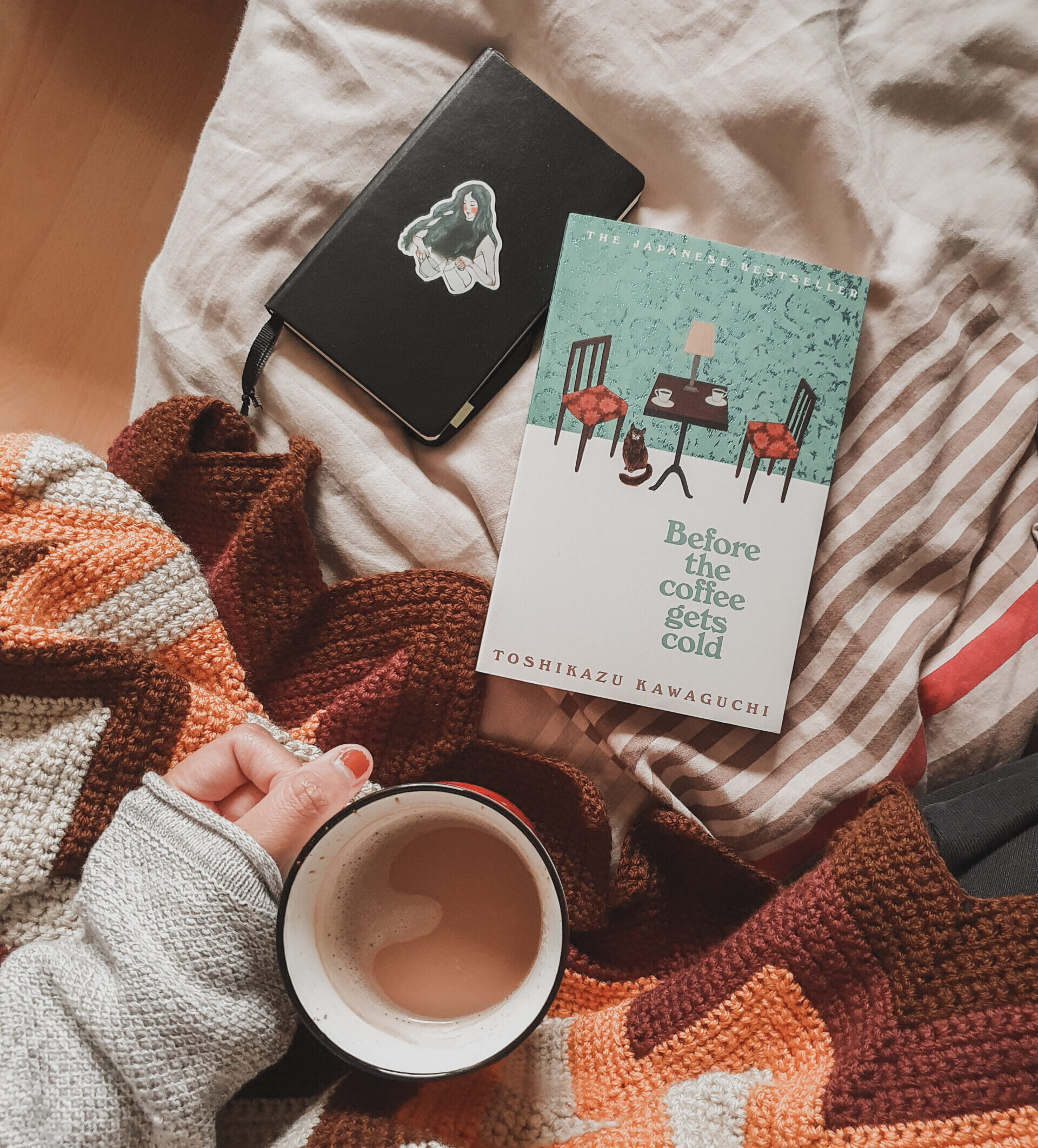

You must have to return before the coffee gets cold.You can only meet people who have previously been in the cafe with you,.You can only be transported from a particular seat,.Fumiko wishes to revisit the past in the hopes of a different outcome, perhaps marriage to Goro, her boyfriend who had inexplicably picked his work over her.Īlthough smart enough to wonder why a cafe with such special powers doesn’t have people thronging to embark on time travel, Fumiko hopes to understand her current situation by going back in time.Ĭlearly, everything is not as it seems. Having heard the urban legend of the special ability of this cafe to transport visitors to the past, curious Fumiko inquires with Kazu, the reticent, almost expressionless waitress. This incident, although quite unremarkable by itself, is the trigger for the interest in time travel for Fumiko, the highly-accomplished, attractive woman left behind by her boyfriend who chooses to chase his dream of going to America. The first section, perhaps the least interesting one, begins with the breakup of a young, attractive couple in the cafe. The nondescript windowless cafe located in a basement is adorned with three wall-mounted clocks, each displaying a different time, a feature that emphasizes both, the importance of, and a disregard for, time. The entire novel unfolds within this tiny space which has room for three tables, a counter, a back room, and the toilet (an important location detail). Little did I know that I would keep returning to the book after every little interruption, impatient to find out what happened next, completing it at the expense of all other errands that remained undone.Īll the characters meet in a coffee shop named Funiculi Funicula, tucked away in a quiet side alley in Tokyo. I began reading the ebook on a Friday evening, bracing myself for a slow read, prepared to abandon it midway considering my lack of interest in sci-fi, particularly time travel, the major component of the story. This one is particularly subjective, requiring introspection and personal awareness. Why ask? I am not a fan of such broad and open-ended questions which seldom have one right answer.


If you could go back, who would you want to meet ?ĭoesn’t it sound like a question that is likely to be asked as the deciding factor at a beauty pageant, or on a first date, or in a psychological questionnaire? Think of an answer to the question that forms the central premise of this book.


 0 kommentar(er)
0 kommentar(er)
